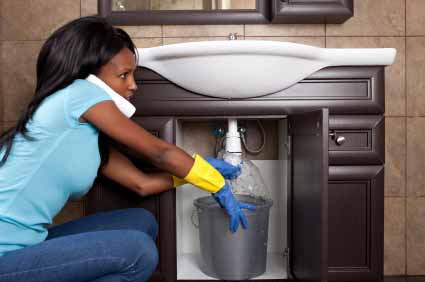Every person will have his or her own opinion on the subject of Common Hot Water Heater Problems.

A water heater is one of the most vital standard devices that can be found in a home. With water heaters, you do not require to go through the stress of home heating water by hand whenever there is a demand to wash, wash, or the dishes. There is always a possibility that your water heater would act up as with a lot of mechanical gadgets.
It is essential to keep in mind any type of little malfunction as well as tackle it promptly before points get out of hand. Most times, your water heater starts to malfunction when there is a build-up of debris as a result of constant use. As a preventative measure, routine flushing of your hot water heater is recommended to avoid sediment accumulation and also protect against practical failure.
Common water heater emergencies and also exactly how to manage them
Too little warm water
It may be that the water heater can not support the hot water demand for your house. You can upgrade your water heater to one with a bigger capability.
Changing water temperature.
Your water heating unit could begin generating water of different temperatures normally ice scalding or cold warm. There could be a requirement to replace either the home heating or the thermostat system of your water heater.
Leaky hot water heater tank.
A leaking tank could be an indicator of rust. It might trigger damages to the floor, wall and electrical gadgets around it. You could also be at risk of having your house flooded. In this situation, you should switch off your water heater, allow it to cool down, and also meticulously seek the resource of the trouble. At times, all you require to do is to tighten up a few screws or pipeline links in cases of minor leakages. If this doesn't function and the leak continues, you may need to use the services of a specialist for an appropriate replacement.
Tarnished or odiferous water
You require to know if the issue is from the water or the storage tank source when this occurs. If there is no amusing odor when you run cold water, after that you are specific that it is your hot water heater that is malfunctioning. The stinky water can be triggered by corrosion or the accumulation of germs or debris in the hot water heater tank. As soon as you notice this, you can try flushing out your tank or replacing the anode if the trouble lingers. The feature of the anode is to clean microorganisms from your container. Given that the anode pole substitute calls for a thorough knowledge of your water heating system, you will require the aid of a specialist.
Verdict
Some property owners ignore little warning and also minor faults in their water heater system. This just causes more damage as well as a feasible full failure of your device. You should deal with your water heater faults as soon as they come near stay clear of even more expenditures as well as unneeded emergency difficulties.
With water heating units, you do not require to go with the tension of heating water manually every time there is a requirement to take a bath, do the laundry, or the meals. It may be that the water heating unit can't support the warm water demand for your home. Your water heating unit could begin creating water of different temperature levels typically ice scalding or cold warm. If there is no amusing smell when you run chilly water, then you are particular that it is your water heating unit that is damaged. The smelly water can be created by corrosion or the accumulation of germs or debris in the water heater container.
Common Water Heater Issues and What You Should Do
What Type of Water Heater Do You Have?
Before we begin it’s first important that you identify the type of water heater you have on your property. There are two main types of water heaters out there: conventional and high efficiency.
Both of these types of products typically use either gas or electricity to heat power. There are also solar water heaters that use a thermal collector on the roof or yard to heat the water.
While these models are not as common, they can cut heating costs in half. In this article, we will focus on conventional and high efficiency.
How Do My Electric and Gas Water Heater Work?
Though they look similar, electric and gas water heaters work very differently. It’s important to know their basic function because often problems can be specific to the heating source.
In the electric model, a thermostat on the side of the machine detects the temperature of the water in the tank. When the temperature needs to rise electricity flows to a heating element suspended in the water.
Gas models also use a thermostat device — typically with a mercury sensor at the tip and an additional sensor called a thermocouple. The thermocouple detects whether the pilot light is on and controls the flow of gas.
When the thermostat drops below the appropriate level gas is released which becomes ignited by the pilot light. The flame heats the bottom of the water tank which causes hot water to rise and cold water to drop.
This natural circulation continues until the water reaches the desired temperature. Then, the thermostat triggers the gas control valve to shut off the flow of gas.
What Are the Most Common Issues and How Do You Fix Them?
https://happyhiller.com/blog/common-water-heater-issues-and-what-you-should-do/

Do you enjoy reading about Common Hot Water Heater Problems? Write a remark down the page. We will be glad to see your thinking about this page. Hoping that you come back again soon. Sharing is caring. You won't know, you may just be helping someone out. Thank-you for taking the time to read it.
Address leaks promptly.